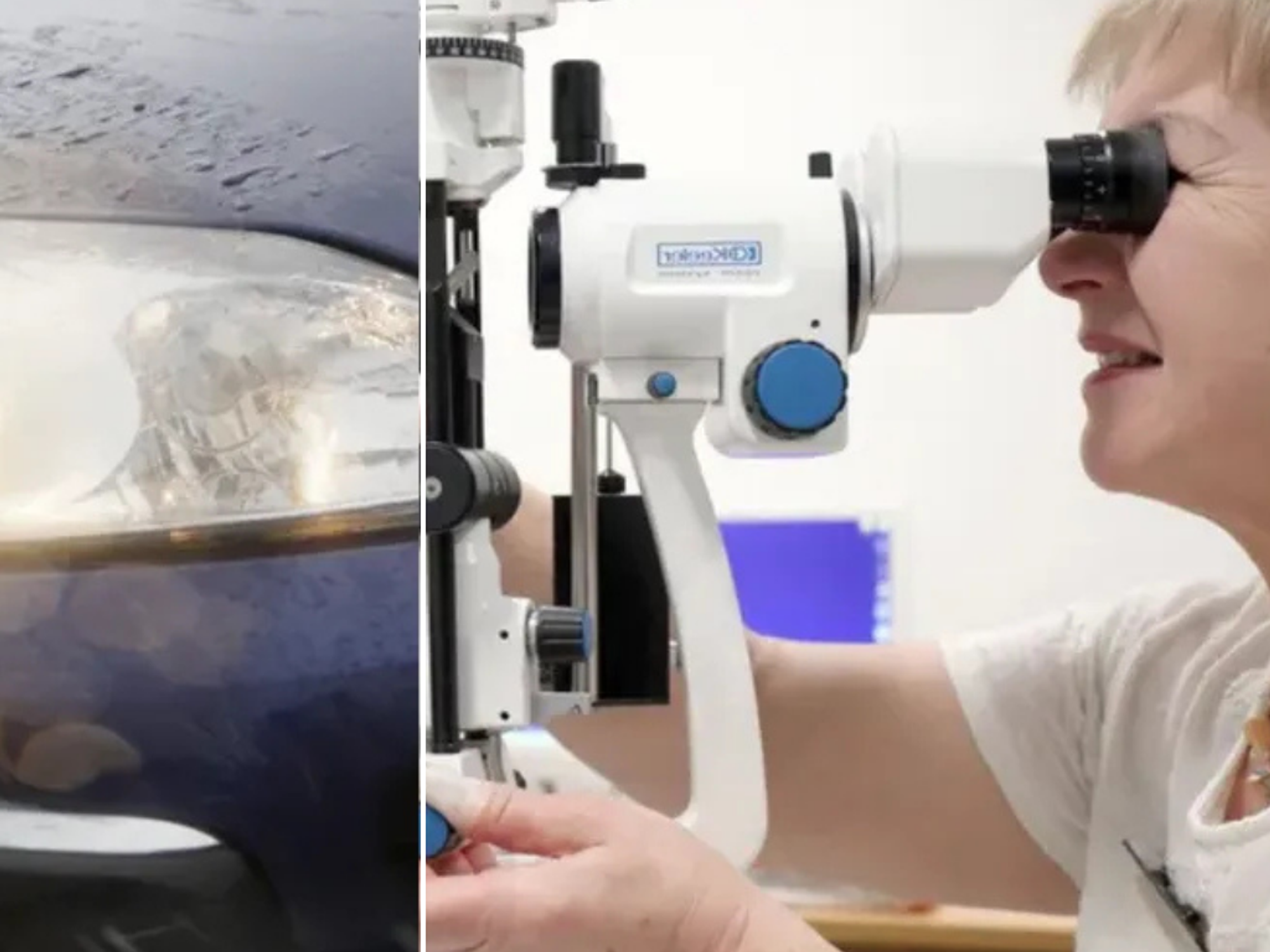Credit card myths busted as bank refuses to refund woman whose £5,000 holiday got cancelled by the provider

Misunderstandings around a key credit rule can limit a consumer's chance of getting their money back after paying with a credit card
Don't Miss
Most Read
Latest
One woman was left confused after her holiday accommodation provider cancelled her booking, and her credit card company refused to refund her, despite spending over £1,000.
As people prepare to start their Christmas shopping, the Financial Ombudsman Service (FOS) has warned of misunderstandings around a key credit rule that could hinder consumers’ chances of getting their money back if something goes wrong with a purchase.
The FOS warned that several myths exist about how Section 75 works. This key act covers purchases made by credit card, point-of-sale loans, and other forms of finance.
It offers protection when products are faulty, fail to arrive, or are not as described, allowing consumers to claim back the value from their credit provider.
Each year, the FOS receives thousands of complaints from consumers whose reimbursement claims have been rejected by credit providers.
As the Christmas shopping season approaches, the service is highlighting these misconceptions to help shoppers better understand their rights.
One misconception is that Section 75 applies to purchases of any value. However, the FOS clarifies that the cash price of goods or services must be more than £100 but not exceed £30,000.

Each year, the FOS receives thousands of complaints from consumers whose reimbursement claims have been rejected by credit providers
| GETTYThis is the cost per item, the ombudsman service said, and a purchase of multiple items which added up to more than £100 would not qualify unless they were sold as a set.
The FOS highlighted a case it has dealt with in which a consumer was refused their money back despite spending over £1,000 with their credit card.
The case involved a cancelled holiday accommodation paid partly by credit card. After the holiday accommodation provider cancelled a booking and did not provide a refund, the consumer made a Section 75 claim.
Of the total £5,000 cost, she paid £1,250 by credit card and the remaining £3,750 by bank transfer.
Her credit card company refused the claim, but the FOS found that they should give the customer all of the money back with interest.
Another common misunderstanding is that Section 75 only applies to credit cards, but it can also cover point-of-sale loans, store cards, and catalogue accounts.
Many consumers also believe the entire amount must be paid by credit. However, Section 75 can apply even if only part of the purchase was made using credit.
The FOS said in reality, it is the cash price of the goods or services that matters and Section 75 can apply even if a part-payment was made using credit.
In addition, FOS confirmed that Section 75 only applies if the primary cardholder uses the credit card to purchase something for themselves.
In one instance, a man's Section 75 claim was rejected when his wife, a secondary cardholder, purchased a misrepresented dress. The FOS agreed with the bank's decision, as the primary cardholder was not involved in the transaction.
Another case involved a woman who experienced issues with a sofa bought on credit 18 months prior. The warranty company conducted a report and the consumer was happy to accept a repair, but by that time, the company she had purchased the sofa from had entered administration.
She approached the credit company for a refund and they refused the claim, but the FOS said that the sofa was not of satisfactory quality and upheld the complaint.
A third case saw a man's claim for a cancelled comedy event rejected because none of the individual tickets exceeded £100, despite the total cost being £209.
He bought four tickets costing £45 each, £10 for “premium parking” and a £19 booking fee. The FOS agreed the man could not get a refund.
LATEST DEVELOPMENTS:

The Ombudsman said: "While Section 75 can offer consumers good protection, it's important to make sure your spending qualifies before you make a claim."
| PAViv Kelly, ombudsman director for consumer credit at the FOS, said: "While Section 75 can offer consumers good protection, it's important to make sure your spending qualifies before you make a claim.
"If you think your purchase meets the criteria but your credit provider rejects your claim, you can complain to them and ask them to look into the matter further. If you’re unhappy with their final response, you can refer your complaint to the Financial Ombudsman Service."
Consumers should carefully consider how they make purchases, especially for higher-value items or services. By understanding the criteria for Section 75 claims, shoppers can make informed decisions about using credit cards or other forms of finance.
If issues arise with purchases, knowing how to properly submit a claim and appeal rejections can significantly improve the chances of receiving a refund. The FOS encourages consumers to seek their assistance if they remain unsatisfied with a credit provider's response to a claim.










